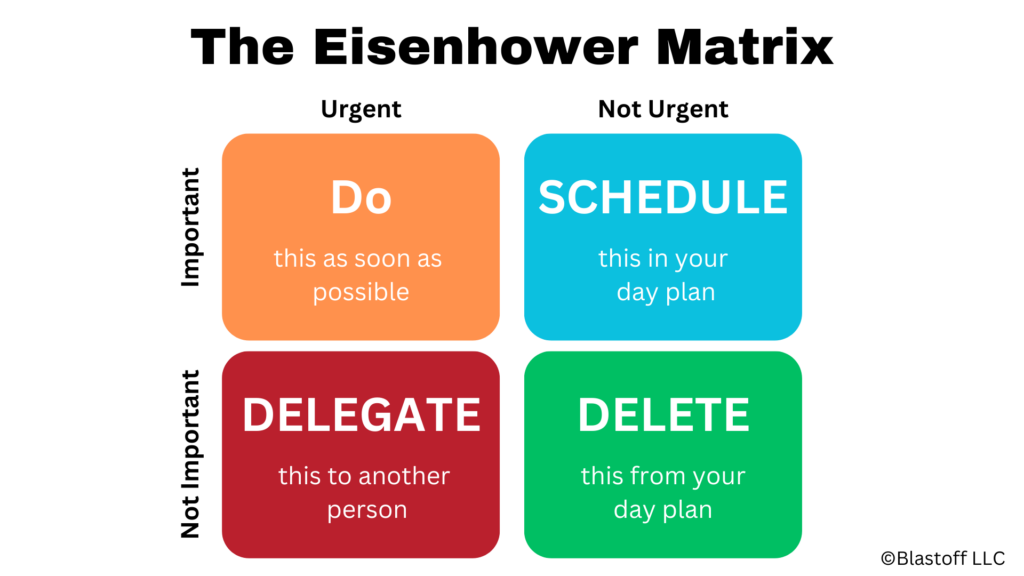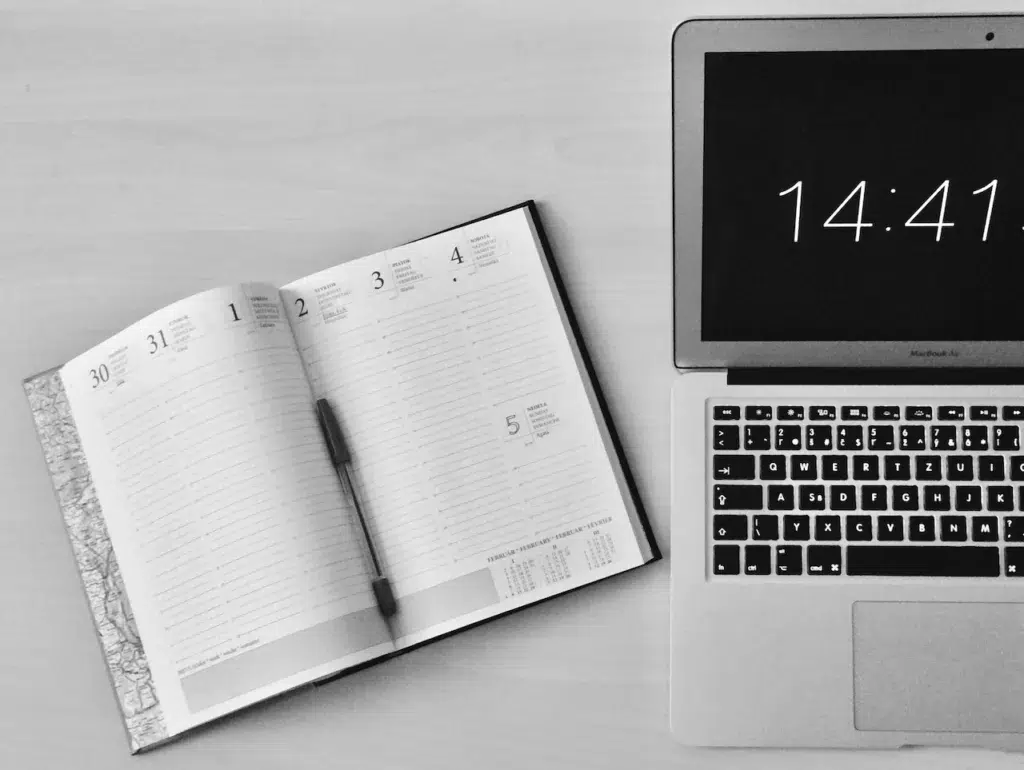7 Effective Time Management Tips for College Students
Time management is an essential ability for college students, and juggling the demands of schoolwork, activities, relationships, and personal duties can be challenging at times. While there are many useful tools for college students, good time management can assist students in reducing stress, increasing productivity, and achieving their objectives. Ultimately, it will lead them to academic success. In this blog, we will look at some practical time management tactics that college students may use to maximize their time and achieve success!
What is Time Management?
Time management refers to planning and organizing how much time you dedicate to various activities or tasks in your daily life. It involves effectively using your time to achieve your goals and objectives while ensuring that you have enough time for other essential activities like rest, leisure, and personal relationships.
Effective time management involves prioritizing tasks, setting goals, creating schedules, and identifying the most effective ways to complete tasks quickly. It is a critical skill for success in both academic and professional environments and personal life. You can increase productivity, reduce stress, and achieve a better work-life balance by managing your time effectively. Here are the 7 ways to manage your time effectively!
1. Use The Eisenhower Matrix
The Eisenhower matrix is a simple but effective time management tool that helps you prioritize your tasks based on their importance and urgency. The matrix consists of four quadrants:

- Urgent and vital
These tasks require immediate attention, such as assignments with approaching deadlines or urgent personal matters. These tasks should be your top priority and tackled first. - Important but not urgent
These tasks, such as long-term projects or studying for upcoming exams, don’t require immediate attention. These tasks should be planned and scheduled for a later time. - Urgent but not necessary
These tasks, such as responding to non-critical emails or attending non-essential meetings, are relatively easy for your long-term goals. These tasks should be delegated or postponed if possible. - Not urgent and not important
These tasks, such as scrolling social media or watching TV, don’t significantly impact your goals or well-being. These tasks should be minimized or eliminated from your schedule altogether.
By using the Eisenhower matrix, you can prioritize your tasks effectively and ensure that you are spending your time on what matters most.
2. Break Down Tasks

Large tasks or projects can be overwhelming, leading to procrastination and a lack of progress. Breaking down these tasks into smaller, more manageable ones can help you stay on track and progress toward your goals. This approach also helps to avoid burnout and allows for more frequent opportunities for reward and advancement.
For example, instead of completing an entire essay in one sitting, break it down into smaller tasks like research, outlining, drafting, and editing. By completing one small task at a time, you can make steady progress toward your goal without feeling overwhelmed.
3. Create a Schedule

Making and sticking to a timetable is one of the most successful time management tactics. A plan allows you to prioritize your responsibilities and focus on what is most important. You may make the most of your time by arranging precise hours for studying, attending courses, completing projects, and other tasks.
While making a timetable, consider how much time it will take to finish each work, as well as breaks and time for self-care. It is also critical to be adaptable and rearrange your schedule as needed in response to unforeseen occurrences or changes in your priorities.
4. Use Digital Planners

A planner or digital calendar can be an effective time management tool. You can keep track of your schedule, deadlines, and to-do list in one place using a planner or calendar. Displaying your day and week ahead may help you keep organized and minimize stress.
Look for a planner or digital calendar that meets your needs and tastes. Some popular alternatives are google Calendar, Apple Calendar, Trello, and Evernote. Choose one that is simple to use and has key features such as reminder notifications and the option to establish recurring activities.
5. Avoid Multitasking

Multitasking can be tempting when you have multiple tasks or deadlines, but it can reduce your productivity and increase your stress levels. When you try to do numerous things simultaneously, you are dividing your attention and focus, leading to mistakes, poor quality work, and, ultimately, wasting more time. According to Brain Fodder, our brain doesn’t multitask and is not working for most people.
Instead of multitasking, focus on one task at a time and give it your full attention. This approach will help you complete tasks more efficiently and effectively, and you will likely feel more satisfied with your work.
6. Minimize Distractions

Distractions can be a significant hindrance to effective time management. From social media notifications to email alerts, it’s easy to get distracted and lose focus on the task at hand. To minimize distractions, try the following tips:
- Turn off notifications on your phone or computer during designated study times.
- Use website blockers or productivity apps to limit time spent on distracting websites or social media.
- Find a quiet study space without distractions.
- Wear noise-canceling headphones or listen to music that helps you focus.
You can stay focused on your tasks and manage your time more effectively by minimizing distractions.
7. Take Care of Yourself

Last but not least, time management success depends on self-care. Being well-rested, well-fed, and in good bodily and mental health will help you manage your time more effectively and be more productive. For self-care, consider the following:
- Get enough sleep. Aim for at least seven to eight hours of sleep each night.
- Eat a healthy and balanced diet.
- Exercise regularly. Even short walks or stretching breaks can improve focus and reduce stress.
- Take breaks throughout the day to recharge and avoid burnout.
- Practice mindfulness or meditation to reduce stress and improve focus.
When you care for yourself, you will be better equipped to manage your time and achieve your goals.
Summary
It can be challenging for college students to manage their time well, but they can maximize their time and accomplish success in their academic and personal life by prioritizing their duties, breaking down extensive activities, setting a timetable, utilizing a planner, avoiding multitasking, reducing distractions, and taking care of themselves.
Remember that good time management is a process that needs trial and error to figure out what works best for you. You can learn to manage your time and achieve your objectives with dedication and effort. We hope this helps you today!
